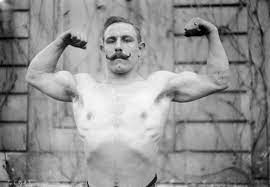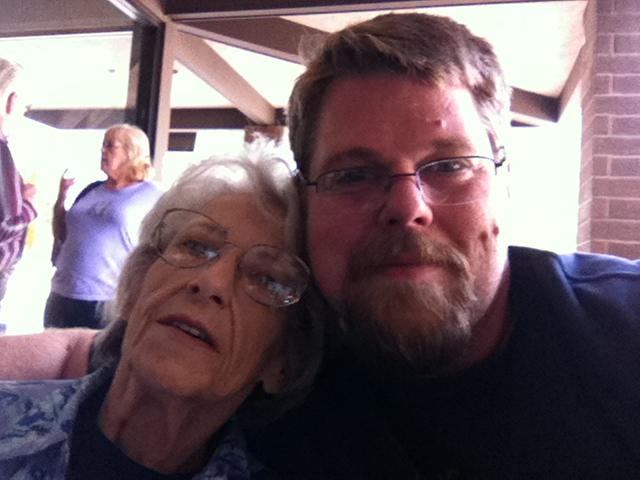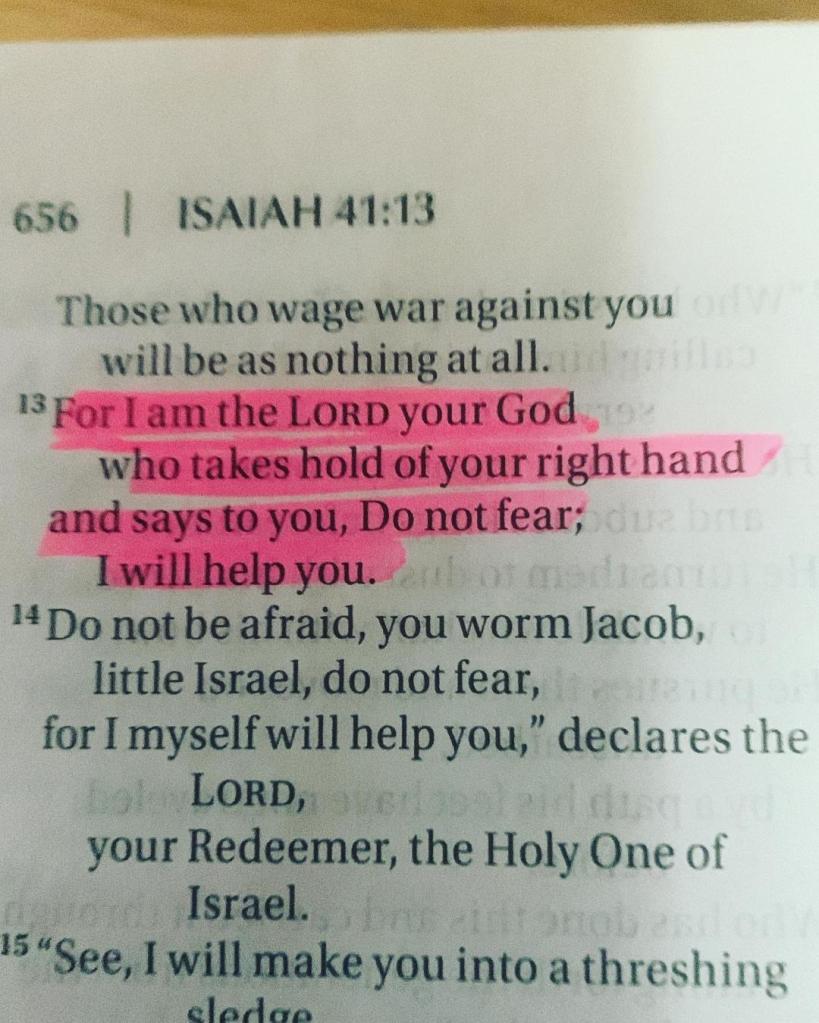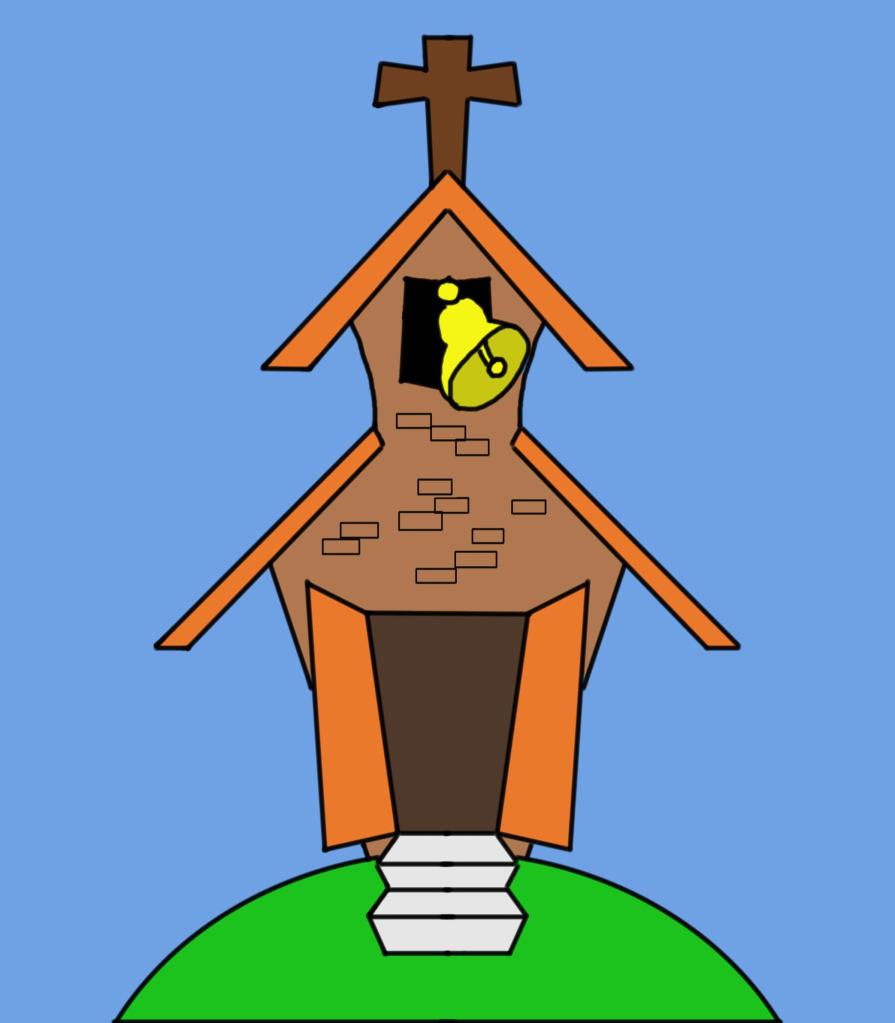There’s a secret out there about men. It’s an open secret that men really don’t like talking about or mentioning. It’s a secret that many men just don’t want to be let known. In fact, it’s so well protected yet known that men will do almost anything not to talk about it whatsoever.
The secret is this: Men are afraid.

Men don’t like talking about it. Fear is strong. Fear leads to anger. Anger leads to hate. And hate leads to a strong toxicity (the geeks out there were thinking I was gonna say that hate leads to the dark side). Much of toxicity out there in men is rooted in fear. Fear of lack of control in life. Fear of failure. Fear of getting hurt. Fear of falling in love. Fear of fathers. Fear of pain. So much fear is out there that men just don’t know what to do. And so this fear becomes anger. And anger becomes hatred for all things that men are afraid of. And this becomes very toxic.
The toxic man is a man who is afraid. Afraid of many things in life.
A prime example of this is of King Saul as found in the Bible. In the book of First Samuel, Saul is crowned king. He is seen as the prime example of a manly man of the Ancient Near East. He was tall. He was very handsome. He was strong. He was the first born of his tribe. He was from a good family. He was savvy. He had it all. He exuded masculinity from his very pores. And then God sent His Spirit upon Saul and Saul became a man who spoke God’s Word to others that people thought Saul was amongst the prophets of God.
The problem is, is that Saul was afraid.
Saul was shown the power of God. He was shown that God was in control. He was shown through the prophet Samuel that God would lead Saul to where he needed to go as king of all of Israel.
Saul had it all—money, power, women, prestige all by the time he was 30 years old. Yet Saul was afraid. He was afraid of failure. He was afraid of lack of control. He was afraid of losing all he had. He was even afraid of his own soldiers whom he commanded.
Saul was fighting the sworn enemies of Israel, the Philistines, and all he had to do to win was trust in God and wait until Samuel arrived to make a sacrifice to God. And then God would give Saul and all of Israel victory in the battle. All Saul had to do was trust in God. Saul was waiting and waiting for Samuel to show up. He waited and waited. God wasn’t acting. God hadn’t sent Samuel yet to speak to Saul and help him make the sacrifice to God and worship God. The soldiers under Saul started to grumble and Saul became afraid due to lack of control. Saul couldn’t control God, he couldn’t control Samuel, and he couldn’t even control his own soldiers. So he acted without Samuel. He acted out of fear and turned away from God.
This caused a lot of problems.
Saul’s fear led to him rebelling against God. This led to God removing Saul as king. Because of Saul’s fear, Israel paid the price. The battle lost, the soldiers died, it was a cluster.
Years later, after the prophet Samuel died, Saul was again in a battle against the Philistines. God was silent to Saul. Saul was afraid. He lacked control. He lacked power. He lacked prestige. He was afraid. In his fear, he tried to control even the dead. He consulted a medium spiritist to summon Samuel to give him advice. This went directly against God’s Word, against Torah. And it royally ticked off Samuel who was happy being dead.
Saul died in battle the next day. In his fear of being killed and his fear of no control, he fell on his own sword and died.
Saul was toxic.
In his fear he became angry. In his anger, he hated. In his hatred, he became toxic and harmed all those around him and he left God. God regretted making Saul king. Saul even pained God.
In a man’s attempt to not show fear, men like me do all we can to control our world around us. Men harm others in our attempt to not be afraid. If we can just control something, if we can just do something, if we can just fix it, then, then we won’t be afraid.
Yet fear is part of being a man. Fear is part of life.
The night that Jesus was betrayed by Judas he spent time with his friends, the disciples. Even Judas the betrayer was there. There was a lot going on. There was a lot happening. Just before he was arrested, Jesus said this to the disciples:
“Peace I leave with you; my peace I give you. I do not give to you as the world gives. Do not let your hearts be troubles, do not be afraid.” (John 14:27)
And
“In this world, you will have trouble. But take heart! I have overcome the world.” (John 16:33)
Jesus, the ultimate man of God, calls all of us not to fear, not to be afraid. In our fear, He brings peace. He gives a peace that passes all understanding and guards our hearts and minds in Him.
A Man of God feels his fear. A Man of God admits His fear. A Man of God leans on Jesus in His fear. In doing so, fear does not lead to anger, anger does not lead to hate, and hate begins to heal toxicity.
Where the Toxic Man hurts others in his fear, a Man of God moves forward in living out a life in fear, trusting in God through Jesus, accepting that he is not in control, God is. A Man of God strives to live the peace of Jesus.
But what next? How does a man be a Man of God?
Stay tuned











